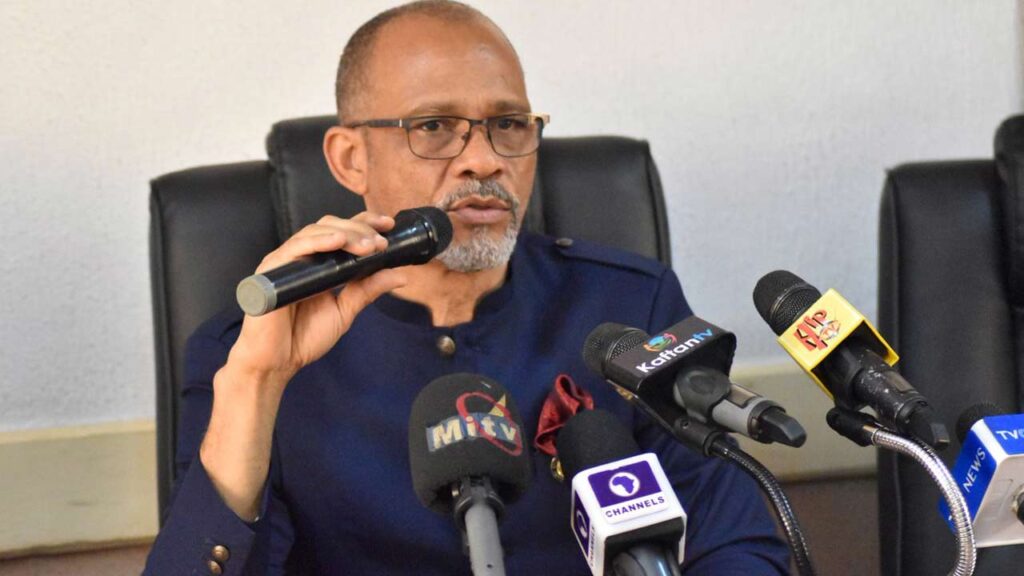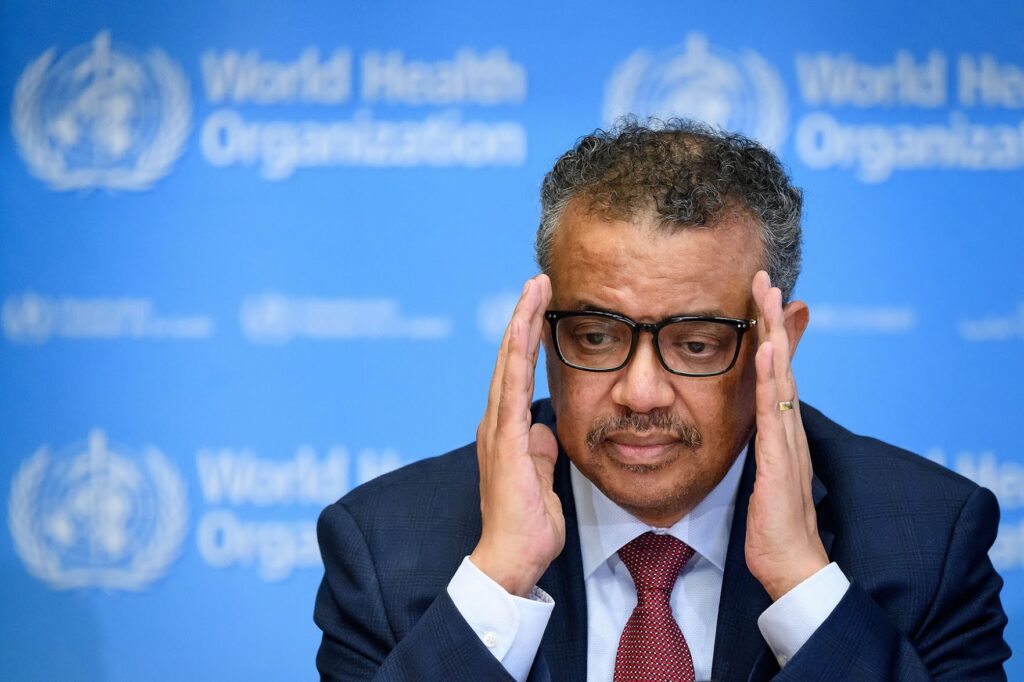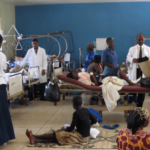The Federal Government has inaugurated a steering committee to develop Nigeria’s National Prescription Policy to ensure that dispensing of medicines in the health sector conforms to global best practices.
Inaugurating the committee in Abuja, Minister of State for Health and Social Welfare, Dr Tunji Alausa, said national prescription policy is an essential part of the World Health Organisation (WHO) goal of Universal Health Coverage (UHC) or healthcare for all.
He noted that the policy when developed will ensure a healthy population with access to safe and ethical medicines, prescribed by duly qualified, registered and licensed medical, as well as dental practitioners and dispensed by registered pharmacists.
According to him, the policy will provide the framework within which the relevant healthcare providers will operate to ensure rational prescription and dispensing of medicines in the healthcare delivery system.
He explained that the new policy will ensure that prescriptions are no longer irrationally generated by unqualified health personnel and quacks; as the policy has designated those that should be involved in prescription generation, as well as the roles and responsibilities of the various stakeholders of the healthcare delivery system.
He said: “Henceforth, prescriptions will be written on standard prescription forms in line with international best practices and accorded deserving values in the interest of the patients.”
Alausa observed that Nigeria is working assiduously towards the achievement of Sustainable Development Goal Three with the view to enhancing maternal and child health, as well as improving overall health indices through unlocking the healthcare value chain.
He stated that these policies aim to increase access to and use of high-quality, as well as affordable medicines and health products in every country.
The minister urged members of the committee to put sentiments aside and work for the interests of Nigerian patients and others who may be in need.
The terms of reference for the committee include establishing and evaluating the present prescription system; sourcing for international systems and identifying gaps/lapses in the Nigerian system vis-à-vis international systems; categorise medicines into Prescription only Medicine (PoM), Pharmacy, Initiated Medicines (PIM) and Ovier-themm Counter (GTC) Medicines.
Also to come up with roles and responsibilities of stakeholders involved in medicines prescription; suggest stricter penalties for violators of prescription laws and develop Nigeria’s National Prescription Policy with its regulatory framework.
In her remarks, the Director, Food and Drug Services Department in the Ministry, Mrs Olubunmi Aribeana, stated that the committee will come up with the first and second drafts, which will be validated before the final document.













